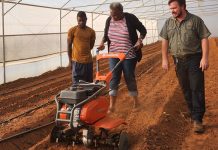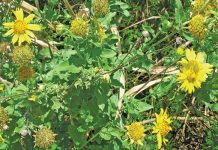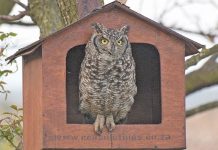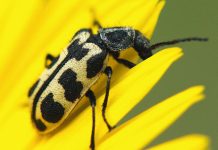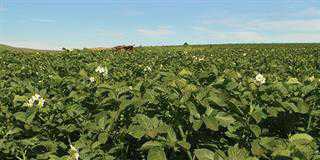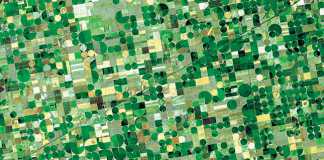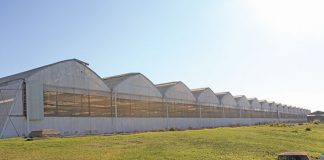The correct use of agrochemicals is essential if birds and wildlife are to flourish on farms. It is also illegal, in most cases, to use agrochemicals to kill wildlife. Farmers should, as far as possible, choose agrochemicals, including pesticides, that are biodegradable.
Management
- Rodent control Erect wooden poles as perches for raptors and owls. Predation by these birds may be enough to control the problem without the use of poisons – especially on smaller farms.
- Biological control agents These can be a far better alternative to poisons. Consult your extension officer, visit the Endangered Wildlife Trust’s website at www.ewt.org.za, or call wildlife poisoning prevention consultant Tim Snow on 082 802 6223.
- Follow the instructions! Obey all recommended safety measures, doses and other directions. Never mix your own concoctions.
- Farm employees It is a legal requirement to train your employees in the safe use of chemicals.
- Safe storage The law states that you have to store all toxic chemicals securely as well as monitor them to ensure they are not being stolen and abused.
- Correct disposal All unused chemicals must be stored securely for later removal. They should be disposed of at a dump site officially designated for hazardous waste.
- Professional help Consult with nature conservation officers or other experts before using poison to control problem animals. They’ll advise you on the best methods so that non-target species are not affected. A good place to start is the Endangered Wildlife Trust’s wildlife conflict mitigation programme: call 011 372 3600.
Eco-friendly: the Benefits
- Reducing the use of chemicals saves money and promotes healthy water and soil.
- Choosing and applying agrochemicals carefully can minimise collateral damage to wildlife and humans.
- Safety measures reduce the risk of tragic accidents, and compliance avoids prosecution.
- If you tolerate scavengers, such as vultures, which can be harmed by poisons, you will minimise the risk of disease spreading from carcasses.
- Guineafowl and birds of prey are invaluable to farmers: guineafowl feed on insects, and birds of prey help to keep rodent numbers down.
Source: Farming for the Future: Farming Sustainably with Nature, by J Harrison and D Young, 2010; Animal Demography Unit, University of Cape Town.

